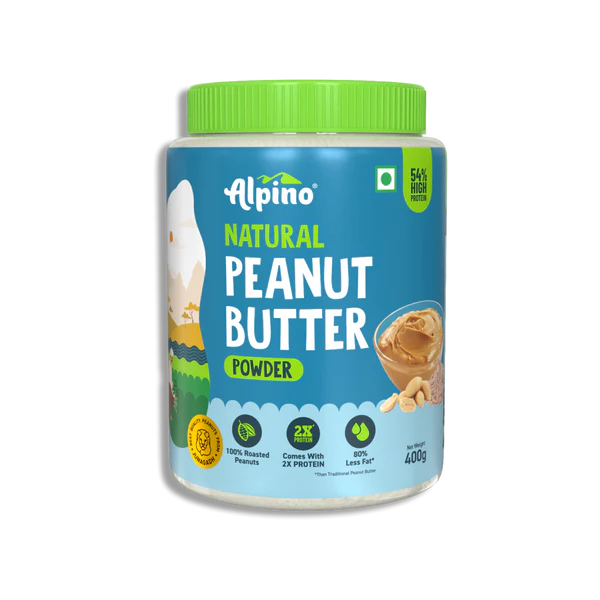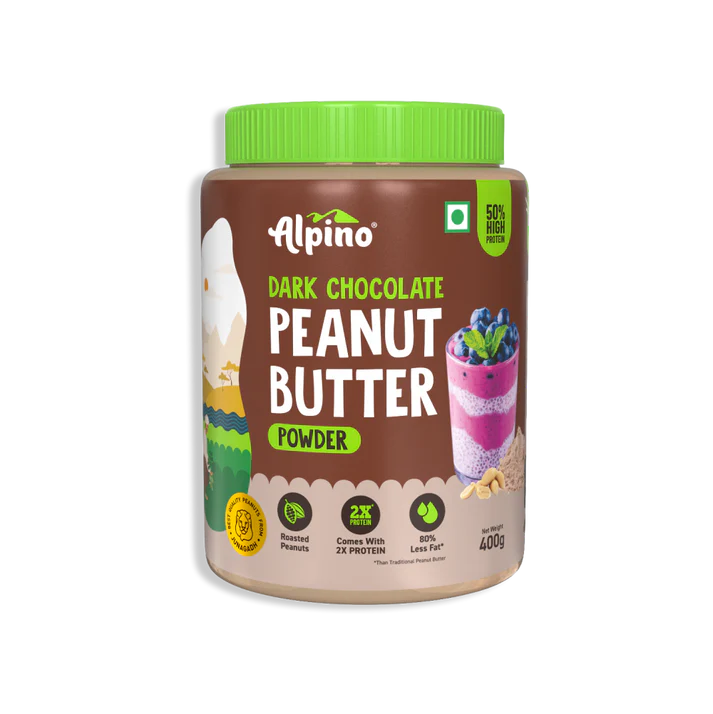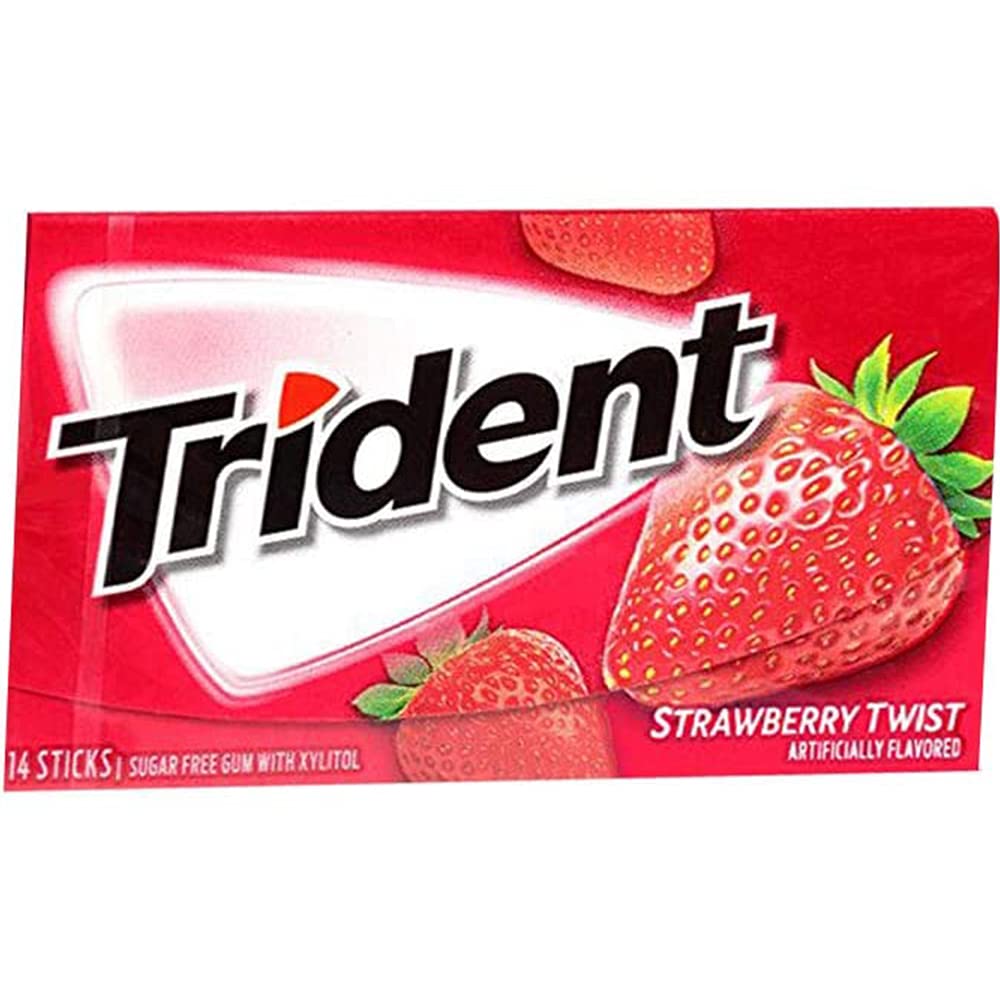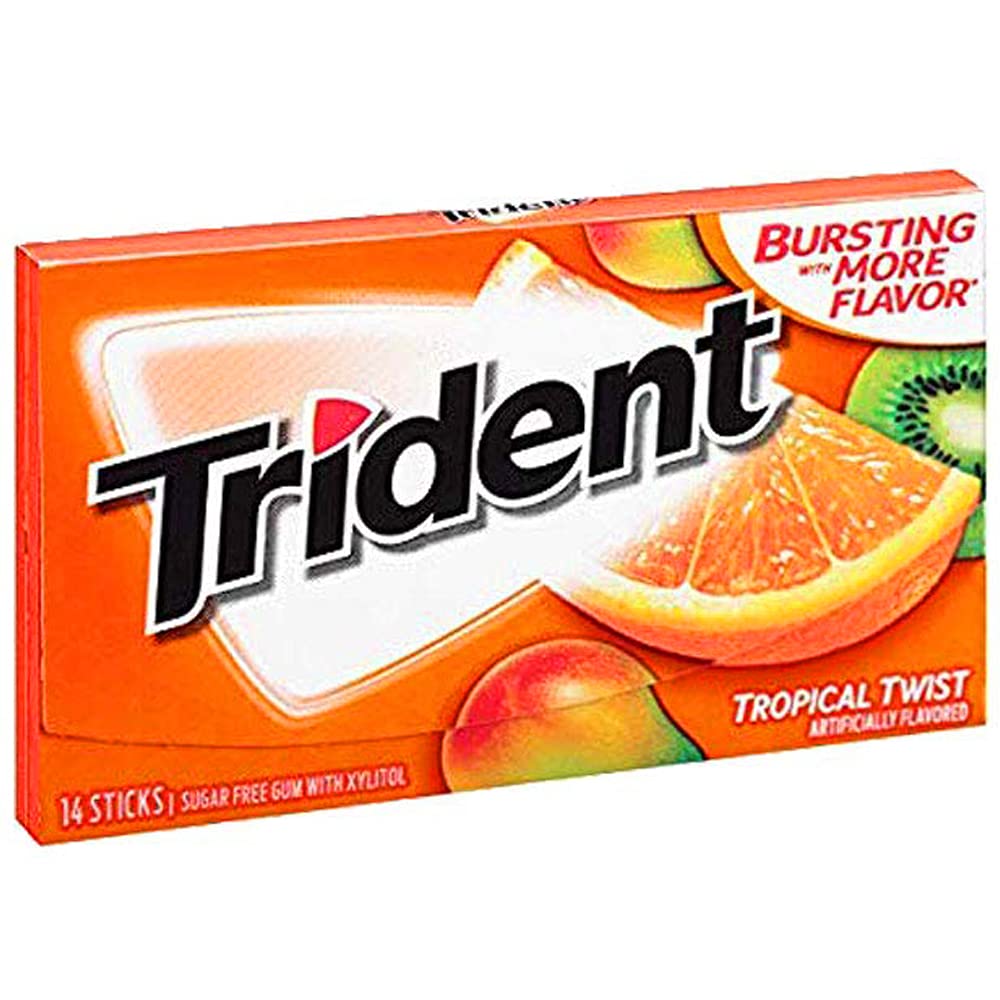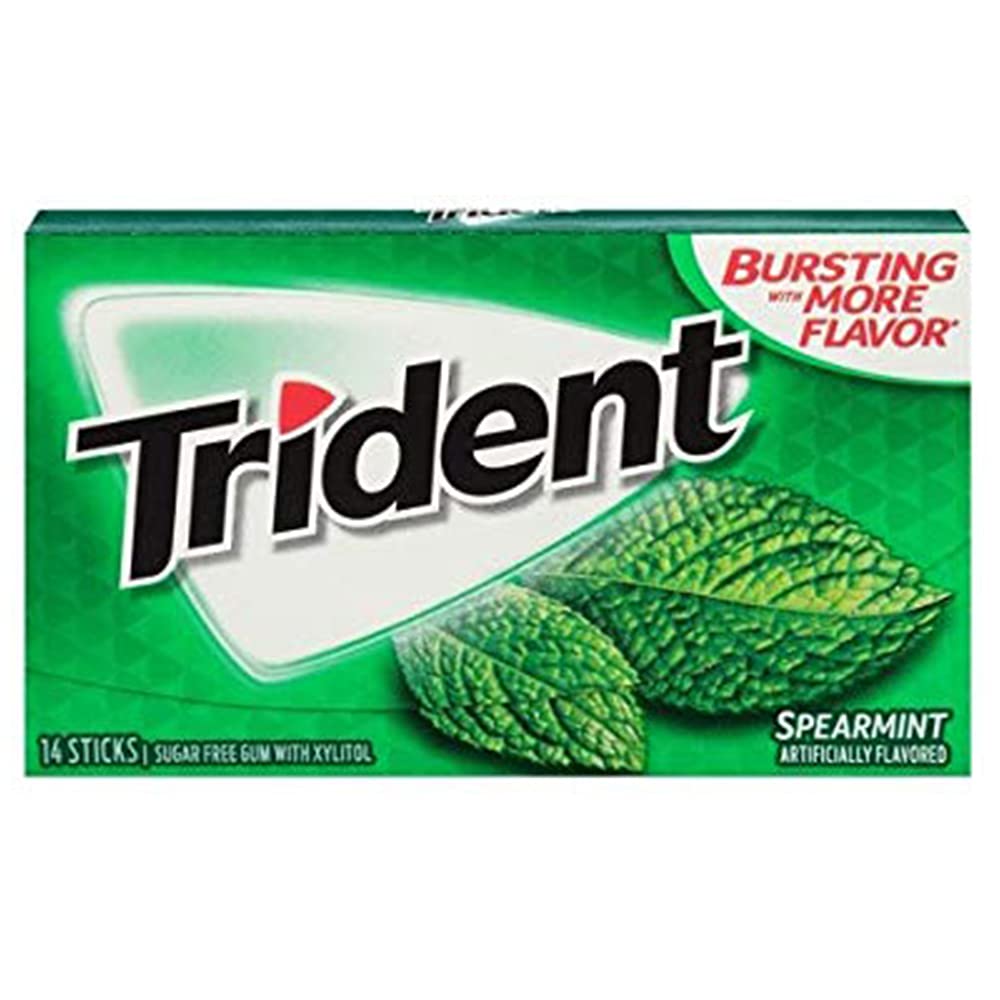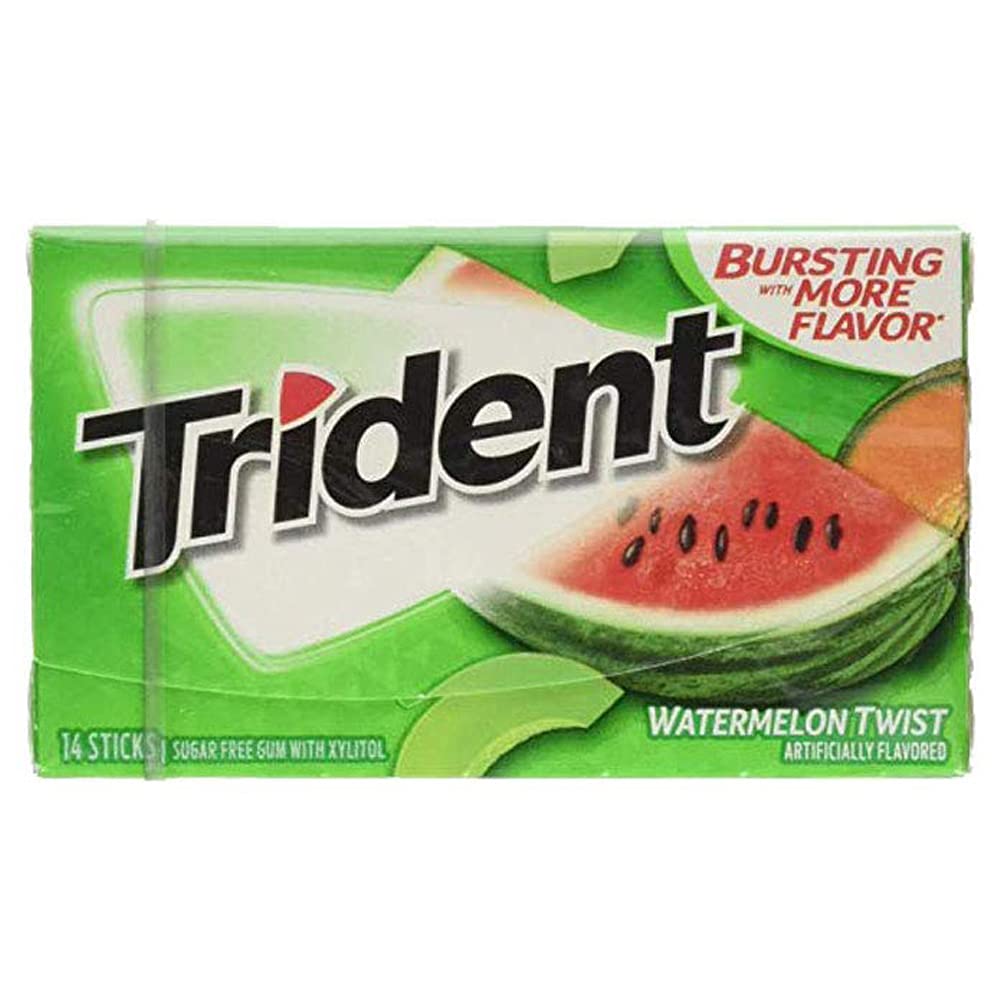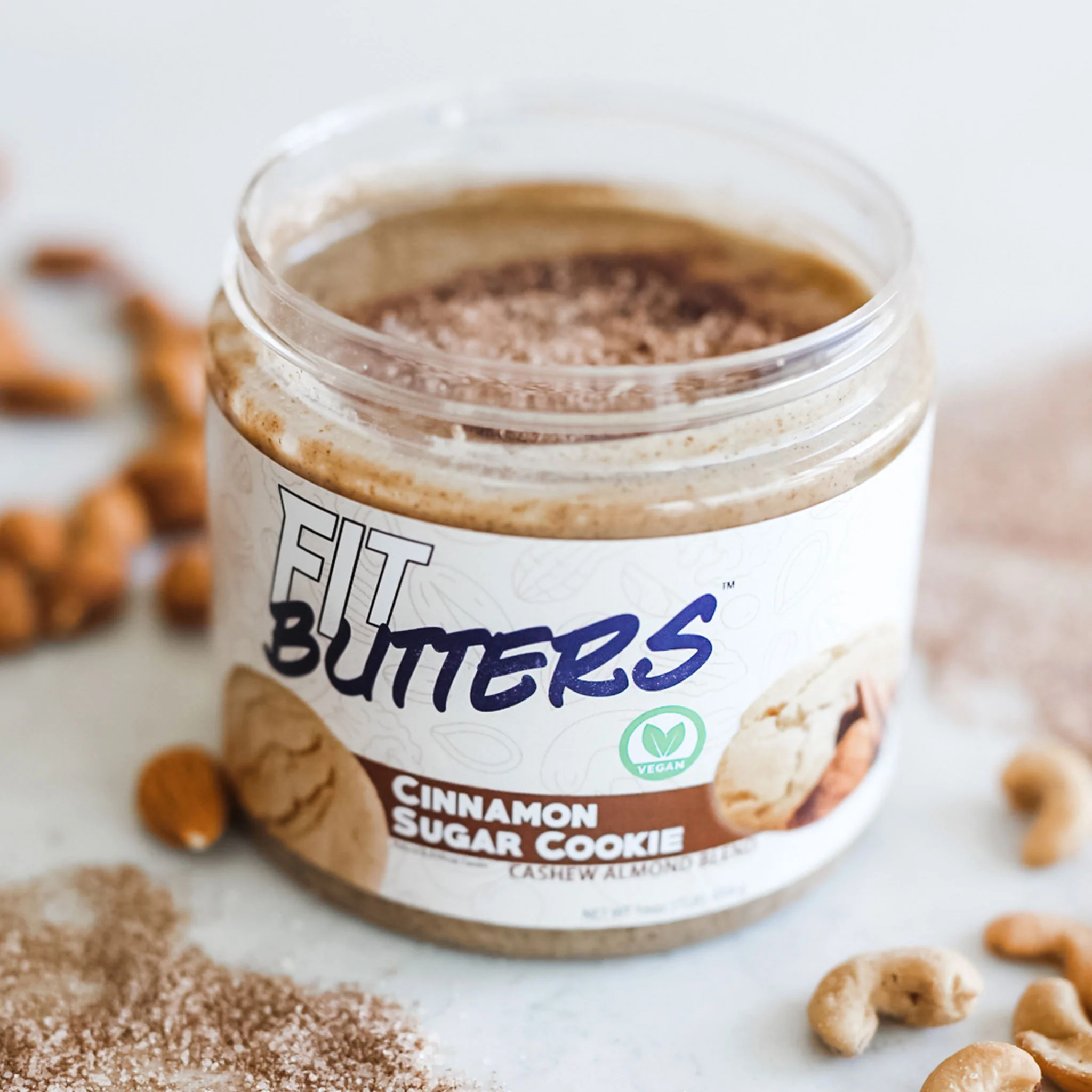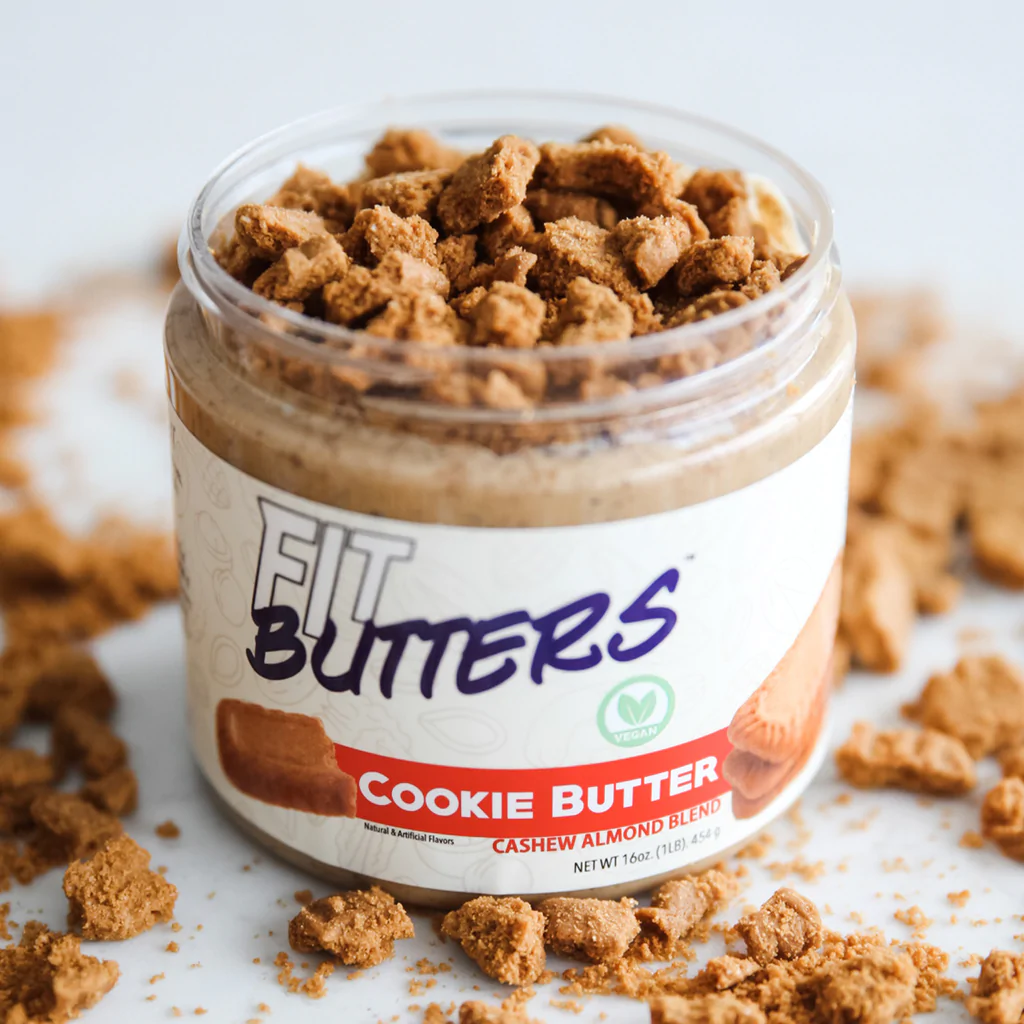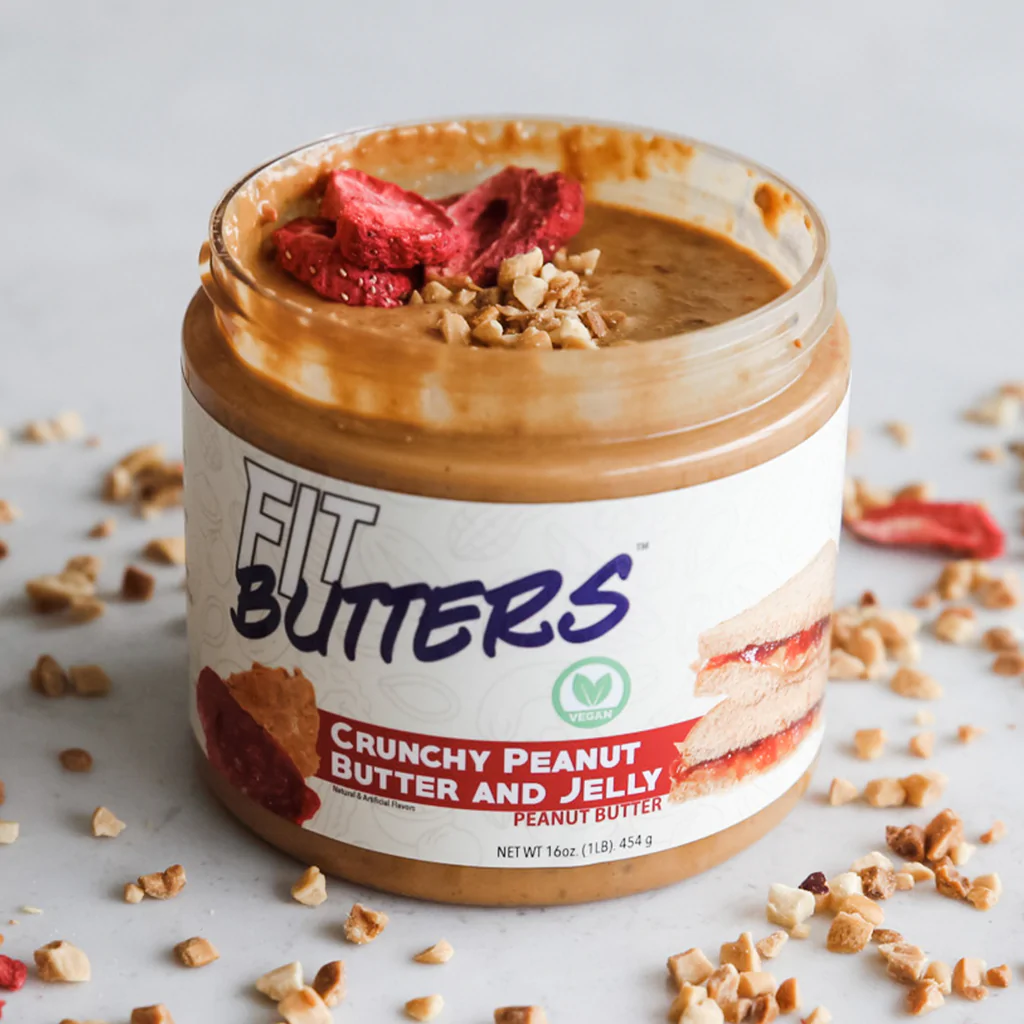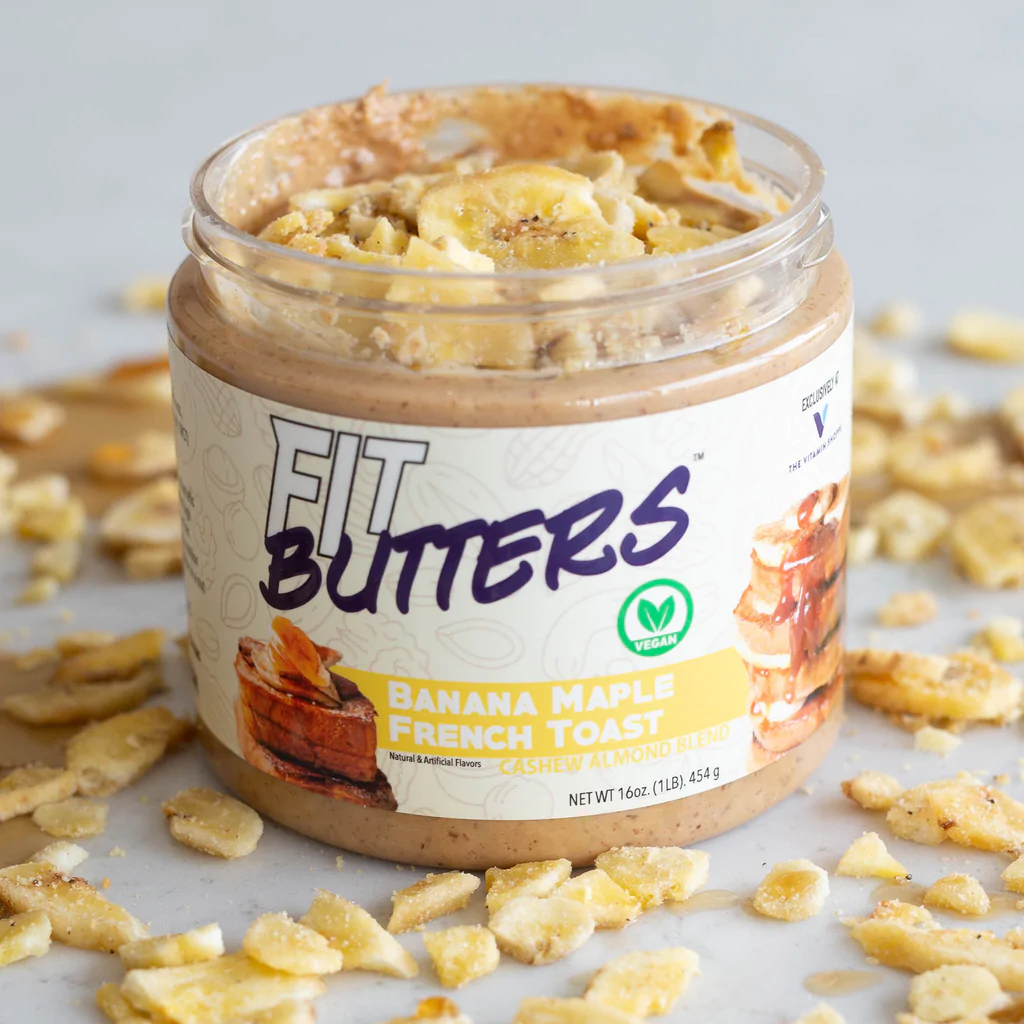Sugar Alcohol
Macronutrient
Last update date: October 11, 2023
Fewer calories compared to sugar, used in foods to improve moisture retention & prevent foods from browning. If consumed in excess, causes bloating and diarrhoea.
Frequently Asked Questions
1.
What is Sugar Alcohol?
Sugar alcohols, such as sorbitol, are commonly used as sweeteners in various foods as an alternative to regular sugar. They provide a sweet taste but with fewer calories. Sugar alcohols are a type of carbohydrate that occurs naturally in certain fruits and vegetables or can be produced through a chemical process. They are also known as polyols and are often used in sugar-free or reduced-sugar products. While they can be a popular choice for those looking to reduce their sugar intake, it is important to understand their impact on health and consider potential drawbacks before incorporating them into your diet.
2.
What is positive impact of Sugar Alcohol?
Sugar alcohols offer several potential benefits for individuals seeking healthier alternatives to sugar: Weight Management: Sugar alcohols provide fewer calories compared to regular sugar, making them suitable for people aiming to lose weight by reducing their calorie intake. Blood Sugar Control: Since sugar alcohols are not fully absorbed and digested by the body, they cause a slower and milder increase in blood sugar levels compared to regular sugar. This characteristic may help individuals with diabetes maintain better blood sugar control while still enjoying sweet treats in moderation. Oral Health: Sugar alcohols do not promote tooth decay like regular sugar does. The bacteria in the mouth do not feed on sugar alcohols, making them a better choice for dental health.
3.
What is negative impact of Sugar Alcohol?
Although sugar alcohols have their advantages, consuming excessive amounts can lead to certain drawbacks: Digestive Issues: Sugar alcohols, due to their incomplete absorption, can cause gastrointestinal discomfort such as gas, bloating, and diarrhea, especially when consumed in large quantities. Irritable Bowel Syndrome (IBS): For individuals with IBS, sugar alcohols belong to the group of short-chain carbohydrates known as FODMAPs. Some people with IBS may experience symptoms such as abdominal pain, bloating, and changes in bowel habits when consuming sugar alcohols. Low-FODMAP Diet: Following a low-FODMAP diet, which restricts certain carbohydrates including sugar alcohols, may help manage gastrointestinal symptoms in some individuals with IBS.
4.
Who should avoid Sugar Alcohol?
While sugar alcohols are generally safe for consumption, certain individuals should exercise caution or avoid them altogether: Digestive Sensitivities: People with known digestive sensitivities or conditions such as irritable bowel syndrome (IBS) may experience adverse effects from consuming sugar alcohols and should consider reducing or avoiding their intake. Low-Carb or Ketogenic Diets: Individuals following low-carbohydrate or ketogenic diets may choose to avoid sugar alcohols as they can still impact blood sugar levels and may interfere with achieving the desired metabolic state. Diabetes: People with diabetes can consume sugar alcohols in moderation, as they have a lesser impact on blood sugar levels compared to regular sugar. However, it is advisable to monitor blood glucose levels and consult with a healthcare professional for personalized guidance
5.
What are common sources of Sugar Alcohol?
Various sugar alcohols are used in food products as sweeteners. Here are some commonly encountered sugar alcohols and their sources: Sorbitol: Sorbitol occurs naturally in fruits such as apples, pears, peaches, and prunes. It is also commonly used in sugar-free candies, chewing gums, and baked goods. Mannitol: Mannitol can be found naturally in mushrooms, seaweed, and certain fruits like watermelon. It is often used in sugar-free confectionery, chocolates, and chewing gums. Hydrogenated Starch Hydrolysates (HSH): HSH is a group of sugar alcohols derived from starch, typically corn or wheat. They are frequently used in sugar-free and reduced-sugar products like cookies, ice cream, and energy bars. Erythritol: Erythritol occurs naturally in some fruits like grapes and melons. It is commonly used as a sweetener in sugar-free beverages, desserts, and low-calorie foods. Xylitol: Xylitol can be extracted from various sources, including birch trees and corn cobs. It is widely used in sugar-free gums, mints, oral care products, and diabetic-friendly foods. Isomalt: Isomalt is derived from sugar and is often used in sugar-free candies, chocolates, and throat lozenges. It provides a sweet taste with reduced calories.


